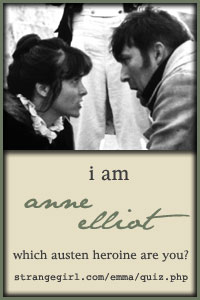The end of December and of the year.
An unseasonably bright painting to mark its passing, and a poem that ends it—as indeed all should be ended—with a smile.
Winter SyntaxA sentence starts out like a lone traveler
heading into a blizzard at midnight,
tilting into the wind, one arm shielding his face,
the tails of his thin coat flapping behind him.There are easier ways of making sense,
the connoisseurship of gesture, for example.
You hold a girl's face in your hands like a vase.
You lift a gun from the glove compartment
and toss it out the window into the desert heat.
These cool moments are blazing with silence.The full moon makes sense. When a cloud crosses it
it becomes as eloquent as a bicycle leaning
outside a drugstore or a dog who sleeps all afternoon
in a corner of the couch.Bare branches in winter are a form of writing.
The unclothed body is autobiography.
Every lake is a vowel, every island a noun.But the traveler persists in his misery,
struggling all night through the deepening snow,
leaving a faint alphabet of bootprints
on the white hills and the white floors of valleys,
a message for field mice and passing crows.At dawn he will spot the vine of smoke
rising from your chimney, and when he stands
before you shivering, draped in sparkling frost,
a smile will appear in the beard of icicles,
and the man will express a complete thought.—Billy Collins
image: Michael Eisemann



































































